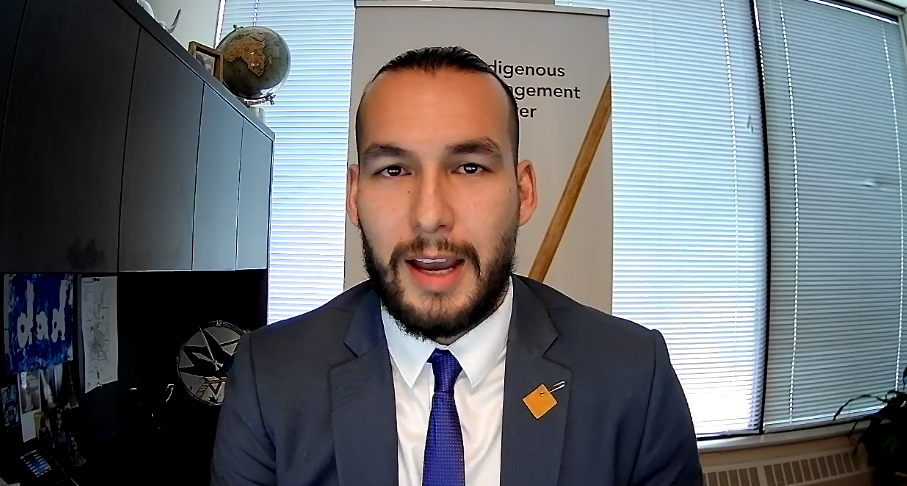Businesses in Saskatchewan are highlighting the successes they have experienced and the struggles they have gone through after signing onto the Indigenous Engagement Charter.
Earlier this year, the Saskatchewan Chamber of Commerce launched the charter which encourages businesses to improve their practices when engaging Indigenous business.
Since the charter was launched representatives from the provincial chamber say nearly 50 businesses from across several different sectors have signed on.
Under the charter, businesses pledged to improve hiring practices, find Indigenous partners to work with, and to better educate staff on Indigenous culture and history. The actual policies put in place and the targets to be met were to be decided by the individual businesses themselves.
“This charter will not only benefit your company and business but this province as a whole,” said Nick Crighton, Director of Indigenous Engagement for the Saskatchewan Chamber of Commerce.
Crighton was the moderator for a panel discussion on Wednesday morning allowing businesses who signed on to share their stories. He says there are many opportunities to work with Indigenous communities and the charter has been helping businesses identify those opportunities.
“We invited businesses to work with our Indigenous communities and our economic development boards to make Saskatchewan a global leader that it already is,” said Crighton.
According to the SCC, this is the first document of its kind put forward by a provincial chamber. Crighton pointed to the young and growing Indigenous population in the province to bolster the charter’s importance.
Empress Carpet One in North Battleford was one of the businesses to sign on to the charter.
The company’s owner Terry Caldwell, who also operates a restaurant in the community, says he signed on because of the divide between Indigenous and non-Indigenous people he saw in the Battlefords area.
“We have to get rid of some of the mistrust that the Battlefords is known for,” said Caldwell during the panel discussion. “And it is coming.”
For Caldwell, one of the main challenges was working through the mistrust many Indigenous communities have harboured due to historical mistreatment by businesses and governments toward First Nation people. He was hoping the charter would help Indigenous people recognize his business as a place where they could belong.
“We want them to know we are a friendly face to First Nations,” said Caldwell. “We need to make it easier for people to come into your business or NGO and recognize these people are on our side.”
Caldwell believes this goes beyond a business relationship and more organizations need to show up on a community level and actively engage in reconciliation efforts.
Crighton echoed Caldwell’s comments and said Indigenous people need to see “genuine” responses from businesses when engaging Indigenous people and communities.
“A lot of First Nations and Metis communities are wary of a lot of those big businesses,” said Crighton. “So, somebody is going to slam the door in your face and they may not return your phone call, but if they see you at these events and see you make that concerted effort and showing you want a genuine relationship… I think that’s important.”
Caldwell and some of the other businesses represented at the panel discussion say they want to continue moving forward with the pledges they made under the charter and to continue to improve their relationships with Indigenous communities.
According to recent research out of the University of Saskatchewan, the young Indigenous population in Saskatchewan is growing rapidly. The research also says Saskatchewan has the highest proportionate Indigenous population in the country.
(PHOTO: A Screenshot of Nick Crighton hosting the virtual panel discussion.)
